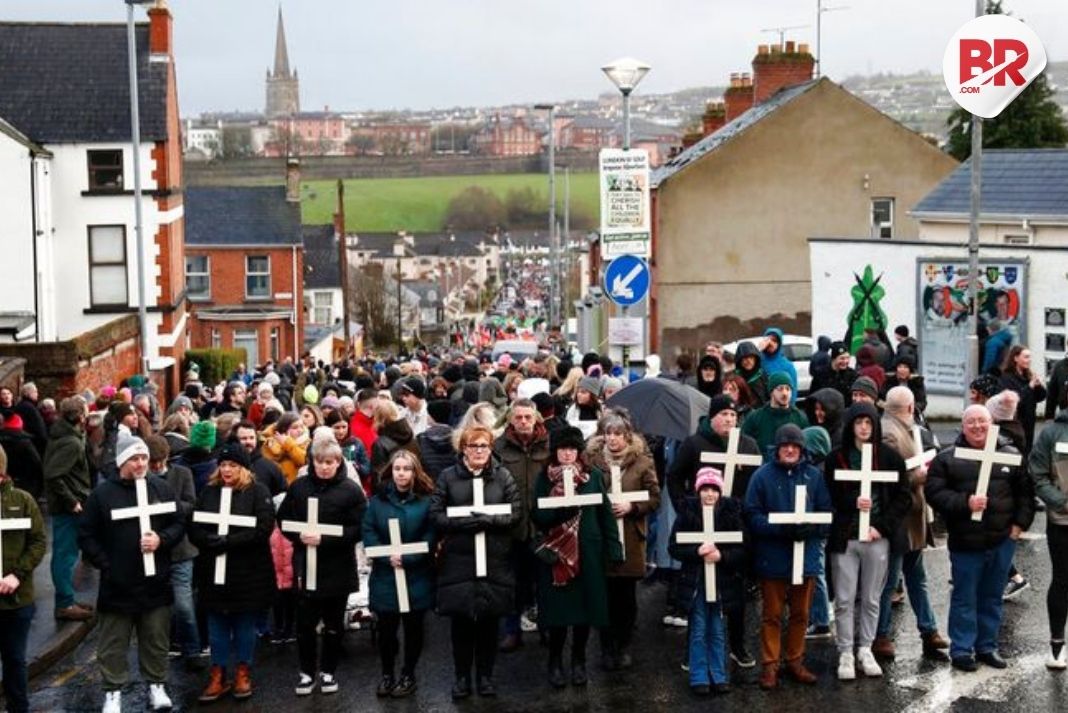
Istanbul Earthquake: A City on Edge
Istanbul felt the earth tremble beneath its feet, a sharp reminder of the constant seismic threat hanging over this vibrant metropolis.
The tremor was strong enough to send waves of unease throughout the city, shaking buildings and sending people fleeing into the streets. As the tremors subsided, the anxiety lingered, and Istanbul’s residents found themselves grappling with the reality of their city’s vulnerability.

The Earthquake’s Impact
While the earthquake wasn’t a catastrophic disaster, it caused enough chaos to make everyone stop in their tracks.
The city’s buildings swayed, and objects inside homes rattled as if they had a life of their own. It was a moment of collective uncertainty, with people instinctively heading for open spaces, many remembering the devastation of past earthquakes in Turkey.
Here’s how the aftermath unfolded:
- Mass Evacuations: Residents scrambled out of their homes and offices, flocking to parks and squares. The streets became filled with people, a mix of anxiety and solidarity etched on their faces.
- Traffic Chaos: With everyone trying to leave at once, Istanbul’s notoriously congested streets ground to a halt. Emergency vehicles honked and weaved through the gridlock, attempting to reach areas in need.
- Social Media Frenzy: As is often the case in today’s connected world, social media exploded with posts, videos, and images of the event. People quickly shared their experiences, checked in on friends and family, and kept each other informed in real time.
Also Read 5.9 Magnitude Earthquake Hits Afghanistan; Tremors Felt in Kashmir
Why Istanbul is Particularly Vulnerable
Istanbul’s geographical location is both a blessing and a curse. Positioned near the North Anatolian Fault, the city is always at risk of seismic activity.
This fault line runs dangerously close to the city, and although Istanbul has made efforts to bolster its infrastructure, the threat is far from eliminated.
Here’s why Istanbul’s vulnerability is particularly concerning:
- Geological Factors: Istanbul sits near a major fault line, which means it faces frequent seismic pressure.
- Building Codes: While new construction adheres to stricter earthquake-resistant standards, many older buildings, particularly those built before the regulations changed, remain structurally weak.
- Population Density: Istanbul is one of the most densely populated cities on Earth. A powerful earthquake here could have catastrophic consequences, potentially impacting millions of people.
Also Read Kashmir Earthquake Strikes Without Warning—Why Experts Are Watching Closely
The Importance of Preparedness
This earthquake is a stark reminder that preparedness is essential. Earthquakes are unpredictable, but there are steps individuals, families, and governments can take to reduce the impact.
Here are some basic preparedness measures that everyone should follow:
- Create an Emergency Plan: It’s crucial to know what to do if an earthquake strikes. Identify safe spots in your home or office and create a communication plan with your family to ensure everyone knows what to do.
- Prepare an Emergency Kit: Stock up on essential supplies like water, non-perishable food, first-aid items, and a flashlight. In the event of a disaster, having an emergency kit can make all the difference.
- Strengthen Buildings: Retrofitting older buildings to improve their earthquake resistance can save lives. Ensuring that structures are up to code could make a significant difference in a quake’s aftermath.
- Educate the Public: Raising awareness about earthquake risks and what to do in the event of a tremor can empower residents to respond effectively and reduce panic.
Looking Forward: A City on the Path to Resilience
As Istanbul begins its recovery, it must focus on strengthening its resilience to future earthquakes. This will require cooperation between local authorities, engineers, and citizens.
The city needs to prioritize both infrastructure improvements and public awareness to mitigate the risk of a more devastating quake in the future. After all, in a city as vulnerable as Istanbul, preparation is the key to saving lives.
Also Read Pahalgam Terror Attack: Tourists Were the Target—What Does That Mean for India?












